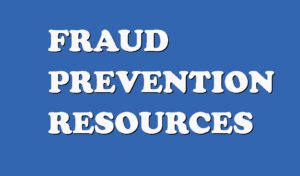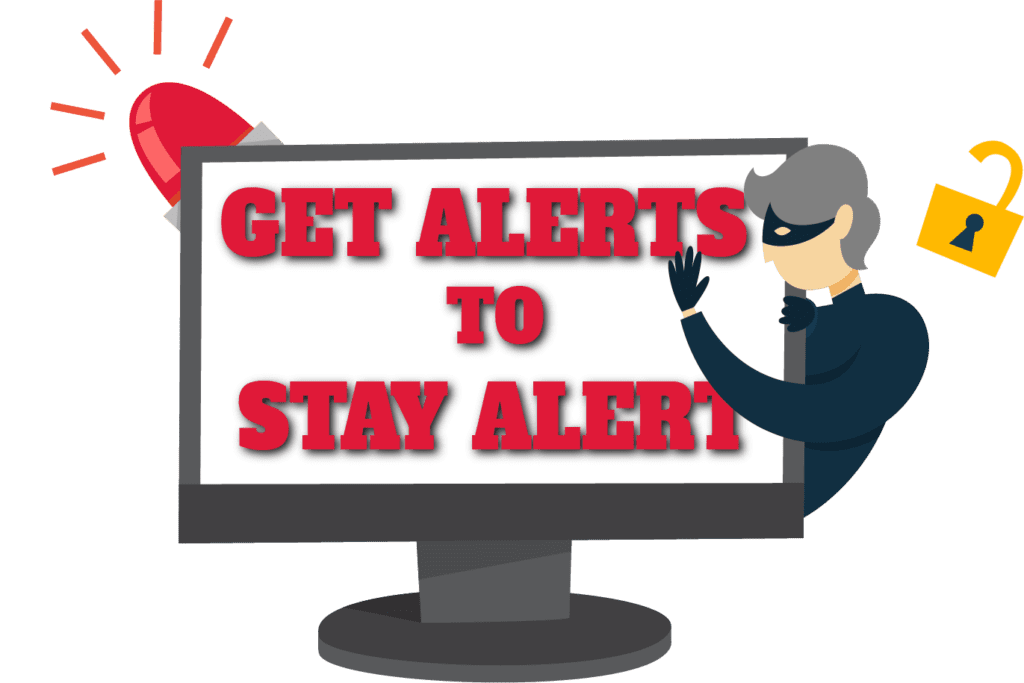
Service Canada & 1 800 Canada Employee Scams
You should be vigilant when any person claiming to be a Service Canada or 1 800 O-Canada employee contacts you in a way that you are usually not contacted by the federal government. These emails, text messages, letters and calls (including recorded messages) may be fraudulent.
This could include:
- requests for personal information by telephone, email or text:
- Social Insurance Number
- Credit card number
- Bank account number
- Passport number by telephone, email or text
- notifications that attempt to complete a financial transaction, such as messages requesting to click on hyperlinks to:
- deposit benefits
- pay taxes
Please Note:
- 1 800 O-Canada is a general information service and does not usually make unsolicited attempts to contact Canadians.
- Service Canada and 1 800 O-Canada only send information you have requested and only send notifications through services to which you have signed up.
Confirm if Service Canada contacted you by mail
- Service Canada usually sends mail in beige envelopes. However, temporarily, we may send you mail in white envelopes. New
- All envelopes containing official documents from Service Canada will feature the official Canada wordmark.
If you are concerned about the legitimacy of any Service Canada mail, you can contact:
- the program or services that tried to reach you
- 1 800 O-Canada (1-800-622-6232)
- TTY: 1-800-926-9105
Confirm if Service Canada contacted you by phone calls, texts and emails
- If someone who claims to be a Service Canada employee has reached out to you, contact 1 800 O-Canada (1-800-622-6232). An agent will refer you to the program or service that tried to reach you so that you can get more information.
- If the person who contacted you claimed to be an investigator, the agent will verify whether their name is on the list of Service Canada investigators.
- As required, the agent will refer you directly to the program or service that tried to reach you so that you can obtain more information.
How to protect yourself from identity theft
- Caller ID is a useful feature, but criminals can alter the information it displays. Never use only the displayed information to confirm the identity of the caller, whether it be an individual, a company or a government entity
- Be suspicious if an individual ever asks you to pay taxes or other fees via an email, a call or text message
- Keep your access codes, user ID, passwords and PINs secret
- Keep your address current with all government departments and agencies
- Before supporting any charity, find out if the charity is registered. You should also obtain information on the way it does business
- Be careful before you click on links in any email you receive. Some criminals may be using a technique known as phishing to steal your personal information when you click on the link
- Protect your Social Insurance Number. Do not use it as a piece of ID. Never reveal it to anyone unless you are certain the person asking for it is legally entitled to that information
- Pay attention to your billing cycle and ask about any missing account statements or suspicious transactions
- Shred unwanted documents or store them in a secure place. Make sure that documents with your name and SIN are secure
- Immediately report lost or stolen credit or debit cards
- Carry only the ID you need
- Do not write down any passwords or carry them with you
- Ask a trusted neighbour to pick up your mail when you are away or ask the post office to place a hold on delivery
Report a scam or a fraud
- If you suspect you may be the victim of fraud, contact your local police service.
- You can also ask for help from the Canadian Anti-Fraud Centre online or by calling 1‑888-495-8501.
- Report the theft of your Social Insurance Number (SIN) by contacting Service Canada at 1-866-274-6627.


